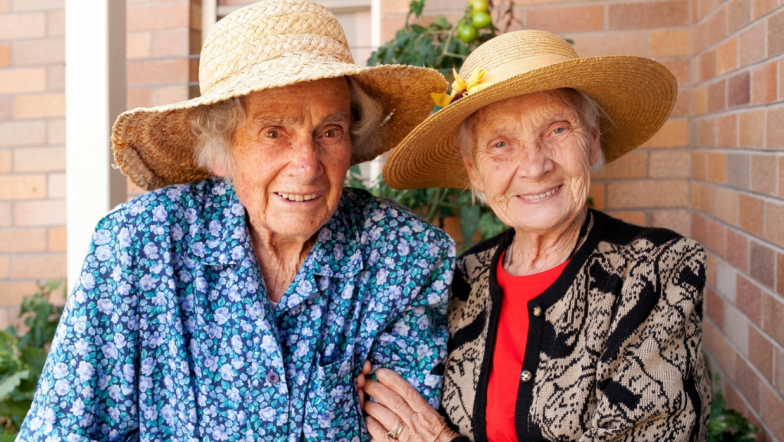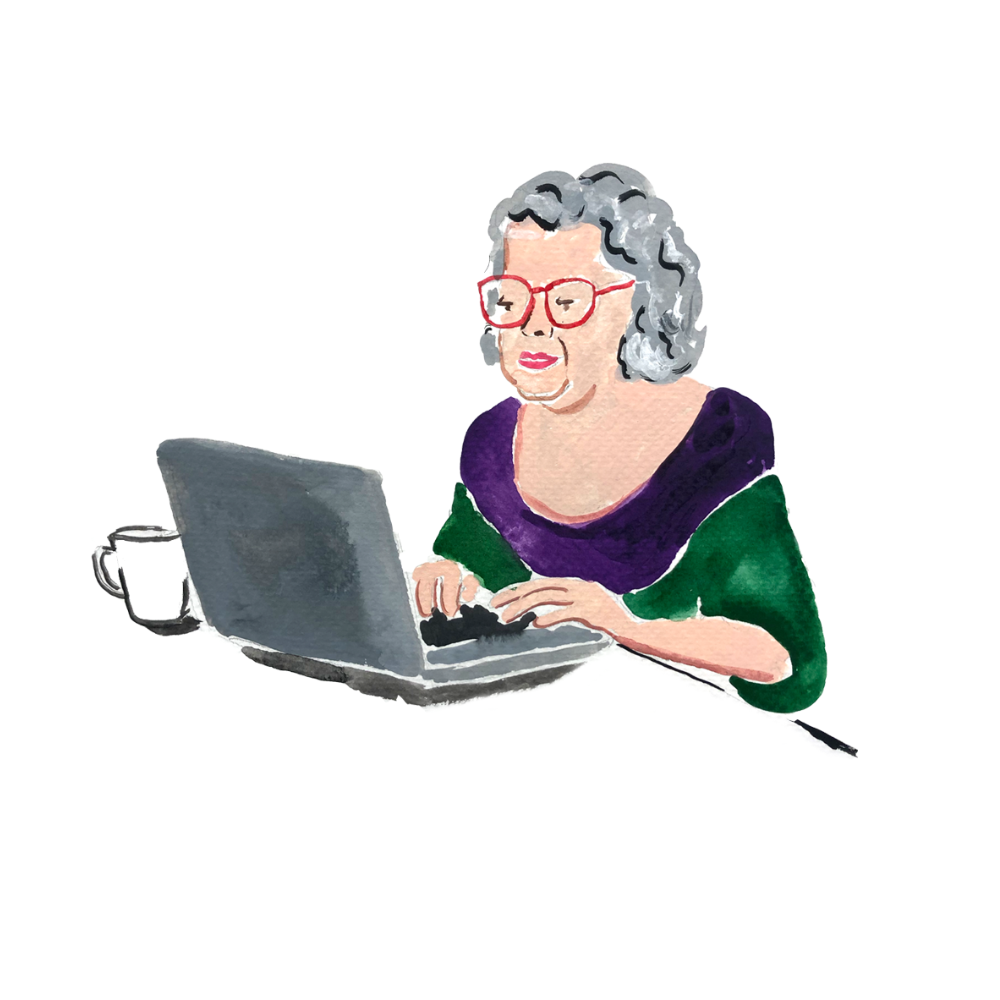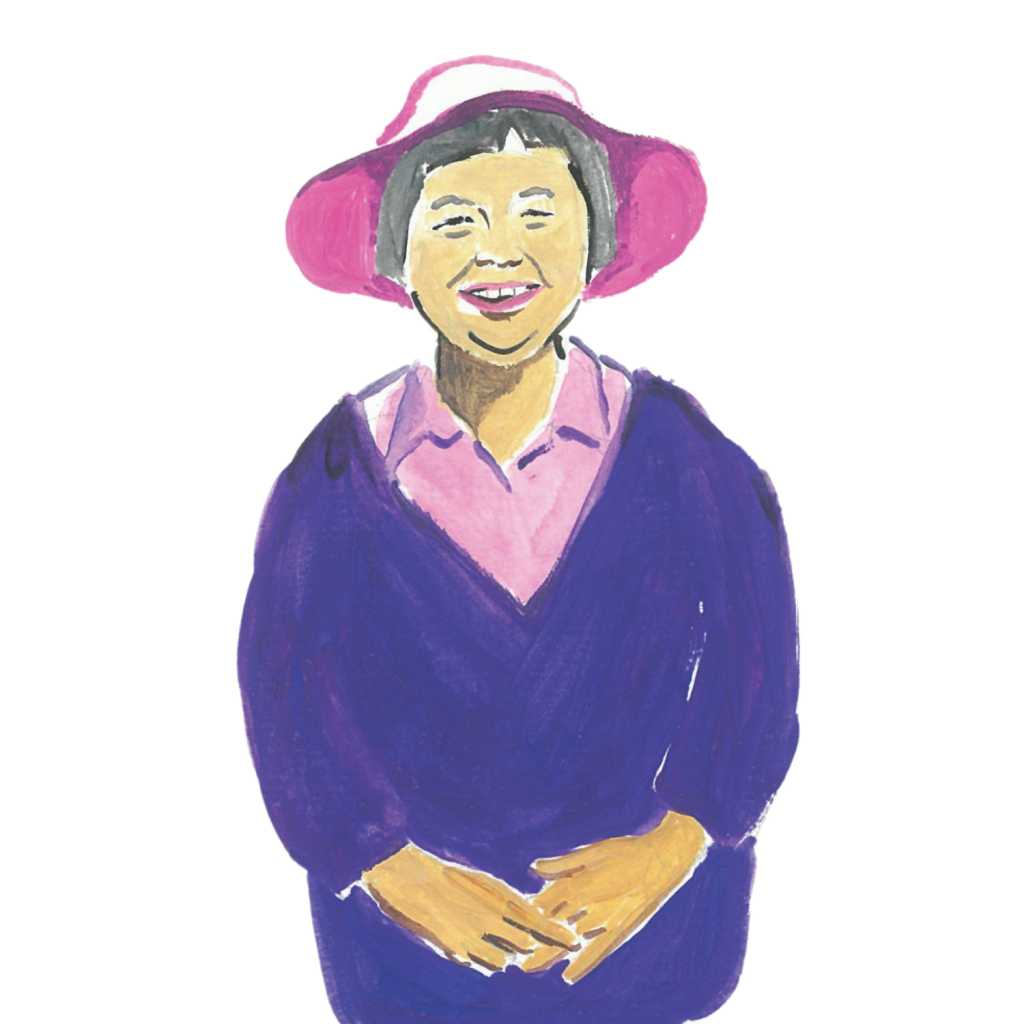
Ending elder abuse
We help people who are facing complex legal problems that arise from elder abuse.
We reach out to people at risk and help older people navigate the legal system to ensure they feel safe and are treated with dignity and respect.
See our campaigns

What is elder abuse?
Elder abuse is a broad term for any action or inaction that causes fear of violence, isolation, deprivation, humiliation or powerlessness in an older person. It is different from other forms of family violence in that it can occur in any relationship where there is an ‘expectation of trust’. That means, along with family members, perpetrators can include carers, neighbours and friends.
Abuse can take different forms, including physical, psychological, financial, sexual, or neglect. It may manifest in a myriad of different ways, from denying an older person access to grandchildren, relatives or friends, to forcefully encouraging changes to a will or legal document. Where neglect occurs, it can be either intentional or unintentional.
Abuse can take different forms, including physical, psychological, financial, sexual, or neglect.
How we’re helping end elder abuse
Legal help can make a big difference to people at risk of elder abuse. However, many older people seek advice very late, when responses can be costly, difficult and stressful. There are lots of reasons someone may seek legal help late, such as social isolation, lack of knowledge about legal services, and lack of understanding that a problem they are experiencing has a legal solution.
We have over 15 years of experience in designing and delivering innovative, specialised legal services for older Australians, preventing and better responding to elder abuse in our community.
We help people experiencing or at risk of elder abuse through our Health Justice Partnership model, as well as through individual referrals to free legal help.
Our campaigns on ending elder abuse

Your support makes this impact possible
Give nowDo you need legal help?
Legal help can make a big difference to people at risk of elder abuse. However, many older people seek advice very late, when responses can be costly, difficult and stressful.
Apply now Takes less than 8 minutes
(4.4 star rating)

Read our latest articles on ending elder abuse
As part of our strategy to help end elder abuse, we share what we’ve learned from our work in submissions to Royal Commissions and provide recommendations to governments.
Stay connected,
join our mailing list
Subscribe
Our stories about ending elder abuse
Margot overcomes elder abuse
Read Margot's storyShe left the hospital knowing she had a right to feel safe in her own home.
